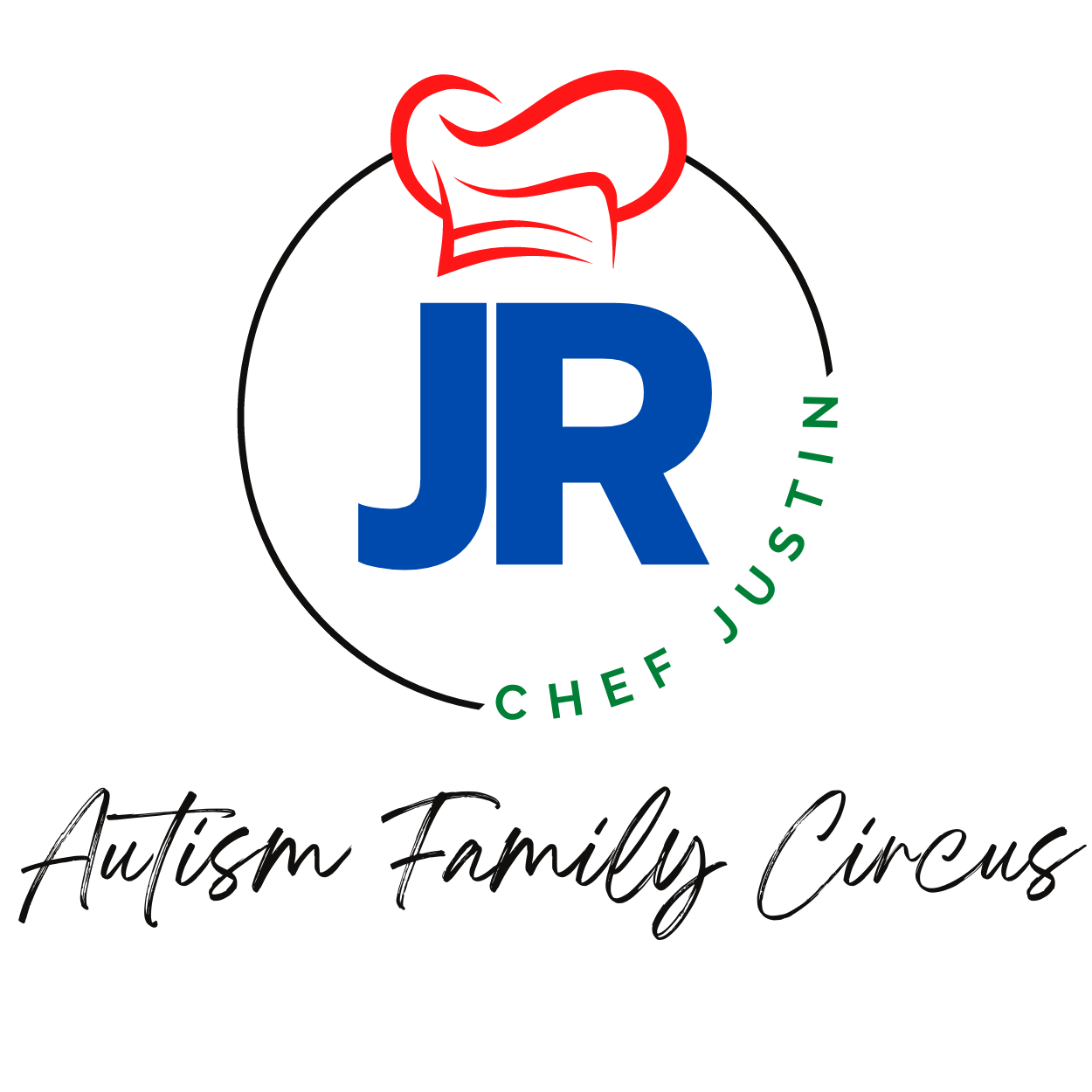Chef Justin’s Autism: Strengths, Challenges, and Lessons
Chef Justin is a real person whose journey with autism, physical health, and personal growth offers valuable insights. Here’s a focused look at his story, the co-occurring health conditions, and what we can learn.
Who Is Chef Justin?
Justin is the son of Donna Richards, one of five boys. He has been diagnosed with autism (reported as more severe in his case) since age three.
He has a sibling, , with autism as well (Asperger-type / high-functioning).
Justin has sensory disorders. He is a culinary school graduate and works / trains to be a chef. Cooking is a passion and a strength.
Key Features of His Journey
Early Diagnosis and Expectations
At three, when diagnosed, the prognosis given by doctors for Justin included strong limitations: possibly never speaking, not living independently, perhaps institutionalization.
His family had to navigate fear, grief, and guilt early on, as is common.
Sensory, Motor, and Communication Challenges
Justin has sensory processing disorders. These can affect how he responds to touch, noise, taste, etc. (As many autistic people do.)
Difficulties with daily living skills: understanding money, value, etc. Independence is still a goal being worked on.
Physical or Co-occurring Health Conditions.
Families of autistic individuals often report co-occurrences of physical health problems, connective tissue disorders, Chef Justin has Ehlers Danlos.
Strengths & Growth
Justin’s love of cooking, passion for becoming a chef has given him focus, joy, and an avenue for growth. His culinary school graduation is a milestone.
He has moments of humor, joy, connection. These are often less emphasized in early prognosis. His family emphasizes that the diagnosis does not capture his personhood.
What our Family Wishes They Had Known Earlier
The diagnosis is a beginning, not an ending. While the doctors’ initial predictions felt overwhelming, Justin showed growth and change beyond what many expected.
Progress isn’t linear. There are regressions, plateaus, hard days. But there are breakthroughs, and growth in unexpected ways.
Support systems, therapies, community, patience, and recognizing small wins are crucial. Being flexible and adaptive helps.
What Justin’s Story Teaches Us
Autism is diverse: Even when labeled “severe,” autistic people can—and often do—grow, change, develop skills, and lead fulfilling lives. An early diagnosis gives opportunity for support, not fixed destiny.
The value of strengths: Interests, passions (like cooking for Justin) provide identity, joy, motivation. Focusing on what a person can do, not only what they cannot, makes a big difference.
Physical health & sensory / motor / daily living skills often matter as much as “autism” itself: Communication, adaptive life skills, sensory regulation and bodily health can drastically affect quality of life.
Caregivers need information & realistic hope: Knowing that initial predictions may be overly pessimistic, that progress could be slow, but also meaningful, helps build resilience and realistic expectations.
Community, advocacy, and self-identity matter: Justin’s family blog, his sharing with the autism community, and his work as a chef are part of reclaiming narrative—not letting others define him by disability.
Open Questions / Things to Learn
Conclusion
Chef Justin’s story is a powerful reminder that autism is not just a clinical label—it is part of someone’s life story, with challenges, yes, but also strengths, growth, connection, and joy. His journey from early diagnosis with dire prognoses to becoming a chef, working on independence and sharing himself with the world shows what’s possible when support, patience, and belief are combined with opportunity.
His life also points to the complexity of autism. If we are to move forward in understanding causes and best supports, stories like his must be part of the conversation—not as exceptional “cases” only, but as illustrations of what real lives are like, with nuance.

